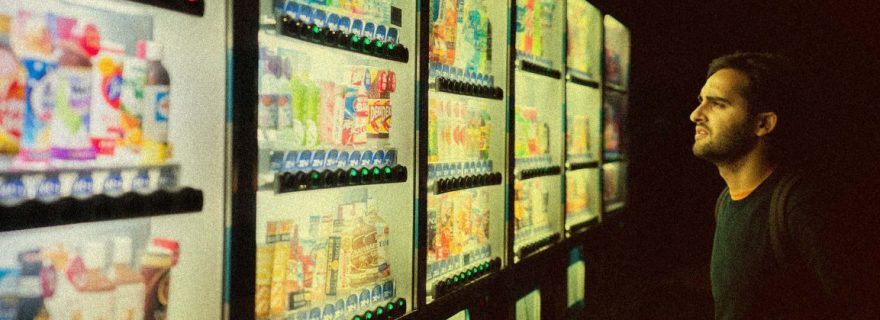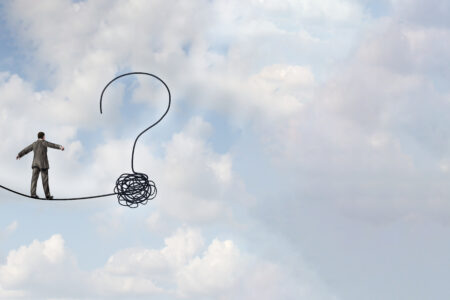Paradox of Choice
Choosing from a variety of options is often hard. Deciding which dish to eat, which movie to watch, what to listen to, or what to do in general… it’s quite an issue. This subject drew my attention because I face it in my everyday life.
People tend to have a variety of options that they can choose from according to their own tastes. They want to have as many choices as possible and see choice as a luxury that facilitates their decision-making process. We go to a supermarket that has 18 types of chips, we have a Netflix account which presents us with approx. 6000 movies, and go to a clothing store which has hundreds of options. Even on dating apps such as Tinder, there are thousands of profiles to choose from. Isn’t it a bit overwhelming?
Which one should I choose?
Every time I need to decide what to do and choose from a variety of options, I end up doing nothing. I go back and forth between watching a movie or a Youtube video, and can’t decide what to eat or where to go in my spare time. I spend hours on Netflix trying to choose the best movie to watch so that I don’t waste my time(!). I wondered how I could have all these good options and yet not be able even make a decision. Maybe having too many options isn’t always a good thing and it might make our decision-making more problematic?
The paradox of choice
American psychologist Barry Schwartz, a professor of social theory and social action at Swarthmore College, explains this puzzle in his book Paradox of Choice: Why More is Less, and in his TED Talk. He states that having too many choices, with its overwhelming choice overload, might give us anxiety, stress, and depression instead of happiness. The more
options we have, the less decisions we make. When making a decision is so hard, we tend to blame ourselves when our expectations are not met. Moreover, having too many choices makes us feel we may be missing out on something. For example, I often ask myself: ‘Was that the right choice?’ or ‘What if I had taken the other option?’.
More is less?
Schwartz states that having too many options may often lead to negative outcomes, including:
1. Choice Paralysis
We end up making no choice at all because we get paralyzed by the variety of options and can’t even make a decision. Rather than enjoying the good side of choice luxury, we feel confused and overwhelmed.
2. Degradation in Satisfaction
Having an abundance of choices makes it much easier for us to blame ourselves for not making the right decision. We tend to regret our actions, and feel anxious and stressed. As a result, there is a decrease in our satisfaction after making a choice. The sad part is that we can never know if our chosen option was ‘the’ option without trying everything out there. We may be disturbed by this uncertainty, and by knowing that there may always be a better option.
To sum up, Schwartz argues that choice overload might complicate the decision-making process: it requires much effort and makes the psychological consequences more severe.





